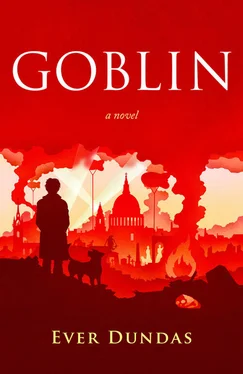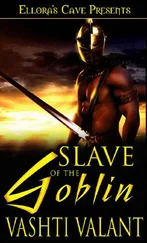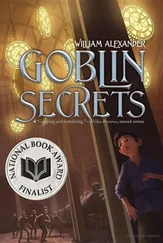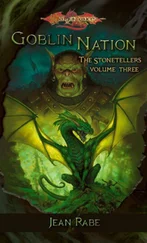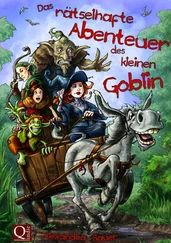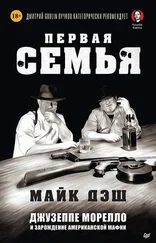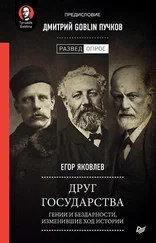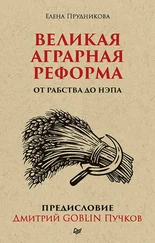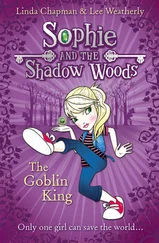He sighed, and leaned back in his chair. The cigarette dangled from his lips, dropping ash onto his chest. He didn’t seem to notice. It mingled with his chest hair and disappeared.
‘I’m a bit fucked up,’ he said. ‘I’m sorry.’
I squirmed in my seat.
‘It’s not about the arm, so much. And it’s not about you, or Mad.’
He scrunched up his eyes.
‘You’ve seen things you shouldn’t,’ he said. ‘You haven’t told us, but we know.’
I looked down at the table.
‘The world is fucked up, Goblin. We’ve got to make the best of it. Someone like you, you bring light.’
I started poking at the wound beneath the bandage without even realising. He reached over and stopped me.
‘Hey,’ he said. ‘I’ll sort myself out, okay? Look at me. Everything is going to be alright.’
I nodded. He got up and pulled some chocolate out of the cupboard and handed me a piece. He sat down next to me.
‘What happened to your family? Your old family.’
I squinted up at him.
‘David went to sea to fight the pirates. Or to be a pirate, I don’t know which. Da went to fight the Nazis, but he wasn’t just any ordinary soldier, but a spy. He was tortured but he didn’t give up anything and they shot him dead. Ma fell in love with a merman and drowned in the Thames.’
He didn’t look at me. He placed a new cigarette in his mouth and held a lighter, flicking it on and off, on and off. He stared at it.
‘Is that right?’ he said, really quiet, like he was talking to the lighter and not me.
‘That’s right,’ I said. ‘And David was supposed to take me with him. We were both going to go to the sea. To escape. David was a conchie so da hit him and David said, “Goblin, let’s go to the sea.” He left without me but he sends me letters in bottles. There’s hundreds of them floating in the sea, buried on beaches, framed in pubs above the bar, all the locals wondering who the mysterious Goblin is.’
‘How old are you now, Goblin?’
‘You know how old.’
‘Tell me.’
‘Almost fifteen.’
‘You’re growing up.’
‘I am.’
‘You’re a dreamer.’
I tensed and I waited, but he didn’t say it. He didn’t give me the speech about being a grown up, about responsibility. He just lit his cigarette finally and put away the lighter.
‘Don’t let anyone crush it out of you.’
He put his arm around me.
‘We’re your family now,’ he said. ‘Me and Mad. And all our friends, they’re your friends too.’
I lay my head on his shoulder.
‘What do you say to adoption, Goblin?’
‘Yessir,’ I said, my voice muffled.
‘What was that?’
‘Yessir!’
He placed his hand on the side of my head, holding me for a second before letting me go. He pointed at my bandaged arm.
‘But you need to leave that behind, Goblin. Leave it behind. You can’t save anyone with your blood, you’re no Jesus. Martyrs are boring, Goblin.’
He stroked the scars further up my arm, and I pulled away, embarrassed.
‘Yessir.’
‘You got any problems, you come to me and Mad. And no more running round London like a wild thing. No more helping at bombsites, you’ve seen enough. And you’ve got classes to go to.’
‘I don’t want to go to school,’ I said.
‘Circus school,’ he said. ‘When this war is over you’ll be travelling with us and you’ve got to pay your way. You’ve got to make yourself useful.’
‘I want to be a clown,’ I said, straight off.
‘Well, we all know you’re good at clowning around, G. But let’s wait and see what else you’re good at.’
‘I can tell stories,’ I said.
‘For sure,’ he said. ‘That’s how I found you, remember? You’re a little raconteur.’
‘Yessir,’ I said, puffing my chest.
In the evening we sat at the kitchen table, Mad and James drinking beer and smoking as they put together a timetable for me; clowning, acrobatics, animal keeping, animal training. When it got to maths and English I rolled dramatically on the floor as if I’d just been poisoned, but all they did was laugh at me and flick ash in my hair.
‘Goblin,’ Mad said, ‘the circus is a business and you need to chip in.’
‘I can read. I can write.’
‘You know all there is to know at age fourteen? What about your sums?’
I lay on the floor and recited my times table at the ceiling to show I knew it all already but all Mad did was say, ‘Well, aren’t we clever? We’ll need more advanced classes for you.’
I shut my mouth after that.
‘We’ll get the adoption process started. You just leave it to us.’
It was then I had to tell them about Miss Campbell as I knew that could cause all sorts of complications but they told me they’d handle it and not to worry.
‘You don’t need to call us mum and dad. You can go on calling us by our names if you want. We can’t ever replace your parents.’
‘I want you to,’ I said. ‘I want to call you mum and dad.’
They tried not to, but they both smiled at that.
* * *
I enjoyed being at school again, or a kind of school if that’s what you can call sitting in the kitchen with whatever teacher happened to be available. My timetable was fragmented at first, due to the war and my teachers’ availability. When Marv was on leave he’d teach me some clowning. ‘The trick is, G, it has to look effortless. But it’s not, it’s carefully choreographed. There’s a lot of work goes into looking clumsy and falling on your face. You seen any of those Chaplin films? You get yourself along to the cinema when they’re on – he’ll teach you a lot.’
Mum and her partner Matt taught me some acrobatics, though it was difficult without much space. We’d sometimes go to the park if the weather was good. They’d hook a rope up between two trees and I’d practice tightrope walking for weeks until I got it just right. A lot of the work I did was about timing, balance, discipline and focus. I didn’t think I’d have the patience but I loved it and worked every chance I got.
Leo, a writer, came round and taught me English. We did lots of boring work on grammar but we also read a lot of books and he gave me advice on writing stories. I started writing on everything I could get my hands on – in the margins of books, on the walls of my room, on dad’s handkerchief when it was the only thing to hand. My head was bubbling with stories and Leo taught me discipline; he taught me about structure, setting and character. When I gave him a mess of a story he’d give it back to me and say, ‘Edit. Edit, edit, edit. And tell me why you’re doing what you’re doing. Justify it.’ I’d groan and whine and say it’s fine as it is and he’d say, it isn’t. You know it isn’t. Dazzle me.
Dad told me about the history of the circus and showed me photos, posters and newspaper clippings of their heyday. I loved the photos of mum’s aerial act; a sparkling blur in the air, a triumphant pose in the ring. Her red hair was pinned up and crowned with feathers, her face a strange mask of make-up. One of my favourite photos was of the clowns, lined up like a class photo, looking serious in their eccentric costumes.
I was awed by the photos of the lions and elephants. When the war started mum and dad couldn’t afford to keep all the animals. Lord whatshisname, the one who slobbered all over Betsy, had estates all across the country and provided sanctuary for all the circus horses, chimps, elephants, lions, tigers, giraffes and camels. He didn’t charge rent, only for the food and the wages of the keepers. Even with the savings from the circus boom years it wasn’t easy for mum and dad. They’d pore over their finances and got me to help as part of my maths schooling. They made it work, mostly through the help of pre-war patrons, and the rest of the animals made it through the war.
Читать дальше
